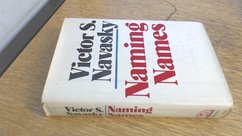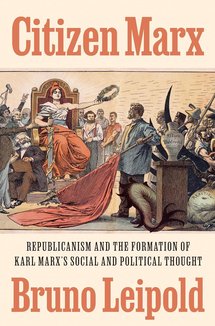Recommended Books

On the Slaughter
Authors:
Hayim Nahman Bialik
,
Peter Cole
ISBN 13:
979-8896230014
The first comprehensive English translation of a Russian-Jewish master's poetry, from the fiery poems he wrote in the wake of the pogroms of the early 20th century to his sublime lyrics about longing and self-reflection. On the Slaughter , named for Bialik's most famous poem, also includes a sample of the poet's work for children and an impassioned introduction by the collection's translator, MacArthur winner Peter Cole. Few poets in the history of Hebrew have possessed the power and prescience of Hayim Nahman Bialik. Born in 1873 in a small Ukrainian village, he spent his most productive years in Odessa and in his fifties made his way to British Mandatory Palestine. He died in Vienna in 1934. Bialik’s body of work opened a path from the traditional Jewish world of Eastern Europe into a more expansive Jewish humanism. In a line that stretches back to the Bible and the Hebrew poetry of Muslim and Christian Spain, he stands out—in the words of Maxim Gorky—as “a modern Isaiah.” To this day he remains an iconic and shockingly relevant poet, essayist, and tutelary spirit. Translated and introduced by MacArthur-winning poet Peter Cole, On the Slaughter presents Bialik for the first time in English as a masterful artist, someone far more politically and psychologically unsettling than his reputation as the national poet of the Jewish people might suggest. This compact collection offers readers a panoramic view of Bialik’s inner and outer landscapes: his visionary “poems of wrath” respond in startling fashion to the devastations of pogroms and a Jewish community in crisis, while his quietly sublime lyrics of longing, doubt, and withering self-assessment bring us into the silence at the heart of his art. The volume also includes a sampling of slyly sophisticated verse for children, and a moving introduction that bridges Bialik’s moment and our own.
Find on:
 Amazon
Amazon

Naming Names
Author:
Victor S. Navasky
ISBN 13:
978-0670503933

Citizen Marx: Republicanism and the Formation of Karl Marx’s Social and Political Thought
Author:
Bruno Leipold
ISBN 13:
978-0691205236
The first book to offer a comprehensive exploration of Marx’s relationship to republicanism, arguing that it is essential to understanding his thought In Citizen Marx , Bruno Leipold argues that, contrary to certain interpretive commonplaces, Karl Marx’s thinking was deeply informed by republicanism. Marx’s relation to republicanism changed over the course of his life, but its complex influence on his thought cannot be reduced to wholesale adoption or rejection. Challenging common depictions of Marx that downplay or ignore his commitment to politics, democracy, and freedom, Leipold shows that Marx viewed democratic political institutions as crucial to overcoming the social unfreedom and domination of capitalism. One of Marx’s principal political values, Leipold contends, was a republican conception of freedom, according to which one is unfree when subjected to arbitrary power. Placing Marx’s republican communism in its historical context—but not consigning him to that context—Leipold traces Marx’s shifting relationship to republicanism across three broad periods. First, Marx began his political life as a republican committed to a democratic republic in which citizens held active popular sovereignty. Second, he transitioned to communism, criticizing republicanism but incorporating the republican opposition to arbitrary power into his social critiques. He argued that although a democratic republic was not sufficient for emancipation, it was necessary for it. Third, spurred by the events of the Paris Commune of 1871, he came to view popular control in representation and public administration as essential to the realization of communism. Leipold shows how Marx positioned his republican communism to displace both antipolitical socialism and anticommunist republicanism. One of Marx’s great contributions, Leipold suggests, was to place politics (and especially democratic politics) at the heart of socialism.